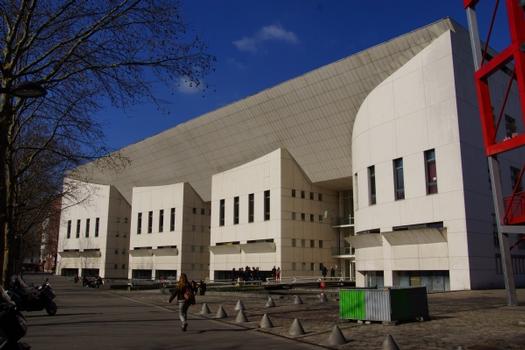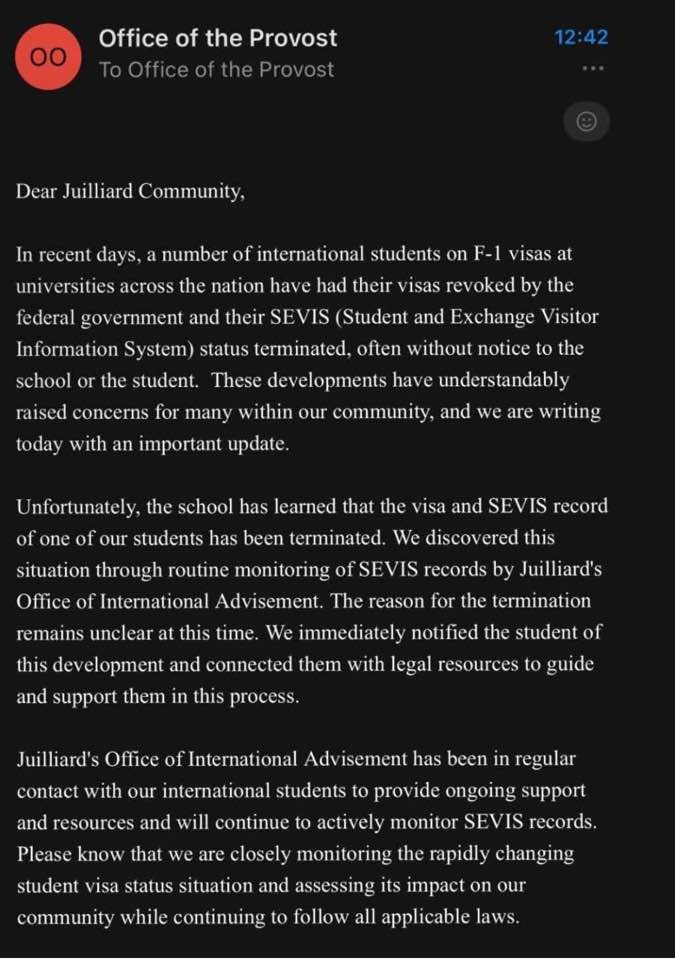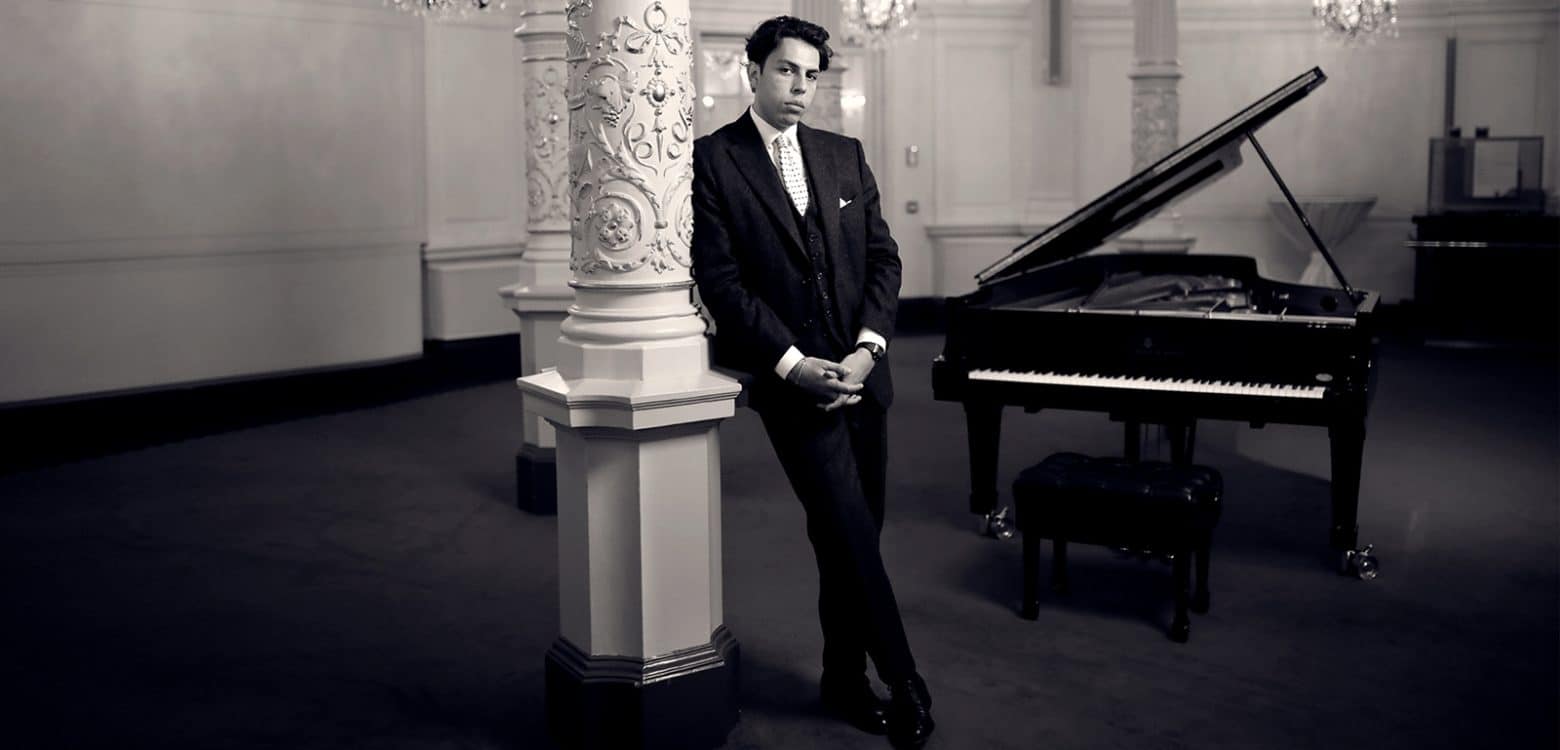Paris is rising fast in world conservatoire rankings
NewsThe authoritative QS 2023 world rankings for performing arts are out and there are quite a few surprises.
The outstanding Sibelius Academy comes in at number 25 and Berlin’s Hanns Eisler Hochschule figures even lower at 29, just below Yale.
How two Lonndon colleges dominate the world’s top three is another mystery, with Juilliard down at 5 annd Curtis at 8. The big winners are Paris and Oslo.
Here’s the complete ranking.






Comments